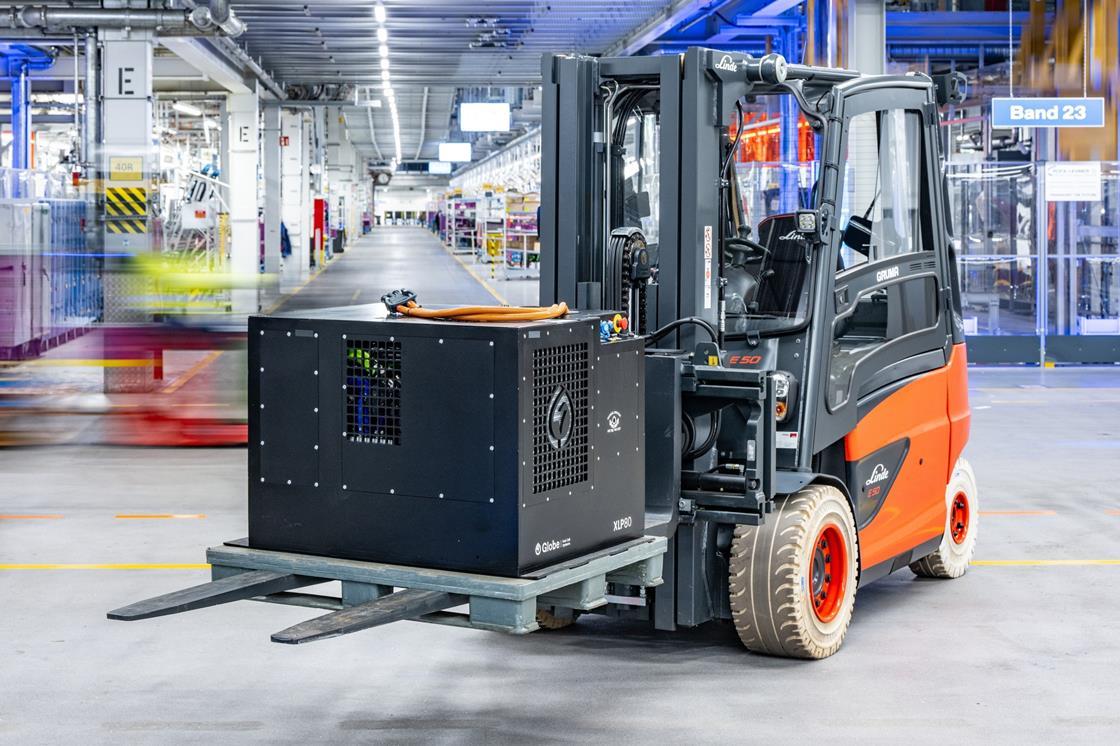BMW's Transition to Hydrogen-Powered Logistics at Regensburg Plant
Key Ideas
- BMW will implement hydrogen-powered tugger trains and forklift trucks at its Regensburg plant by 2026 to enhance sustainability and efficiency in logistics operations.
- The transition from electric drivetrains to hydrogen drives will optimize processes, save space, and reduce the need for frequent battery replacements, improving operational efficiency.
- The installation of a 2km-long pipeline network with six hydrogen filling stations will support the logistics vehicles, making refueling fast and convenient, leading to an estimated annual hydrogen consumption of 150 tonnes.
- BMW's utilization of hydrogen fuel cell trucks and LNG-powered trucks aligns with its sustainability goals, aiming for carbon-neutral cargo transport by 2050, significantly reducing carbon dioxide and nitrogen oxide emissions.
BMW is set to introduce hydrogen-powered tugger trains and forklift trucks for in-plant logistics operations at its Regensburg assembly plant in Germany starting from 2026 as part of its iFactory initiative. This move is a strategic step towards the company's digital and sustainable factory objectives. The deployment of cloud-based traffic control systems for smart transport robots and tugger trains is aimed at enhancing efficiency in parts delivery to the assembly line. The transition to hydrogen drives will replace the current electric drivetrains and reduce the dependency on battery replacements, thereby improving operational efficiency and saving space. The project manager, Katharina Radtke, highlighted the advantages of hydrogen, emphasizing its fast refueling process and minimal space requirements for filling stations. BMW plans to establish a 2km-long pipeline network with six filling stations by early 2026 to support the logistics vehicles. Once completed, the annual hydrogen consumption is estimated to be around 150 tonnes. BMW's existing use of hydrogen fuel cell trucks and LNG-powered trucks at its Leipzig and Regensburg plants respectively showcases its commitment to sustainable practices and carbon-neutral cargo transport goals by 2050. These initiatives contribute to significant reductions in carbon dioxide and nitrogen oxide emissions, supporting the company's environmental sustainability targets.
Topics
Rail
Sustainability
Green Technology
Logistics
Digitalization
Hydrogen Fuel Cell
Energy Mix
BMW
Factory Initiative
Latest News
